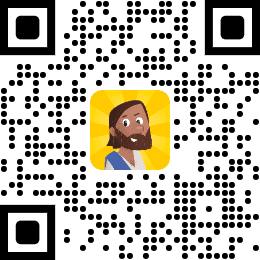Kutsal Kitap Çevirileri
Ho i’wi y os’do̱s hăħ neh cha ga̱’o̱ hee dus gee ih’ ni ga’ya do̱s’hă gee 1872
SenecaSeneca Language
The Seneca language, or Onödowáʼga꞉ʼ, is spoken by the Seneca tribe of North America. It is an Iroquois language originating from New York state, related to Cayuga, Onondaga, Oneida, and Mohawk. The tribe is one of the Iroquois Six Nations.
Gospels in Seneca
The first Scriptures selections in Seneca were translated by Thompson S. Harris, missionary to the Seneca Indians. The basis of the orthography used in this work was that recommended by the Hon. Mr. Pickering in his treatise on Indian languages. He produced an edition of the Sermon on the Mount (Matt. 5-8) in Seneca and an appendix contains a selection of hymns, prepared by J. Young. These were printed for the American Tract Society by D. Fanshaw at New York in 1829.
Asher Wright was a missionary to the Seneca people from 1831 until his death in 1875. About 1852 Asher Wright translated the first 23 chapters of Matthew. It seems to have been translated after he moved to the Cattaraugus Reservation and printed on a Mission press. Asher Wright then translated all four Gospels in Seneca, which were published by the American Bible Society (ABS) in New York in 1872, and reprinted in 1878. It was called Ho i’wi y os’do̱s hăħ neh cha ga̱’o̱ hee dus gee ih’ ni ga’ya do̱s’hă gee.
Psalms
An edition of ten Psalms, translated by Rev John Wentworth Sanborn, assisted by Joseph Turkey and other Indians, was published at Batavia, New York, in 1884. Some hymns and a selection of ten Psalms were published in 1892. The psalms were Psalms 1-3 and 23-29. It was called: It was called: Gaˑyaˑdoˑshaˑgo neħ Psalms ne David.
Digital Edition
The 4 Gospels from 1872 were digitised for the American Bible Society with the help of MissionAssist in 2022. The ten psalms from 1892 were added to the project for convenience. Note that this has the original spelling with ă instead of ä, ĕ instead of ë, and o̱ instead of ö.



